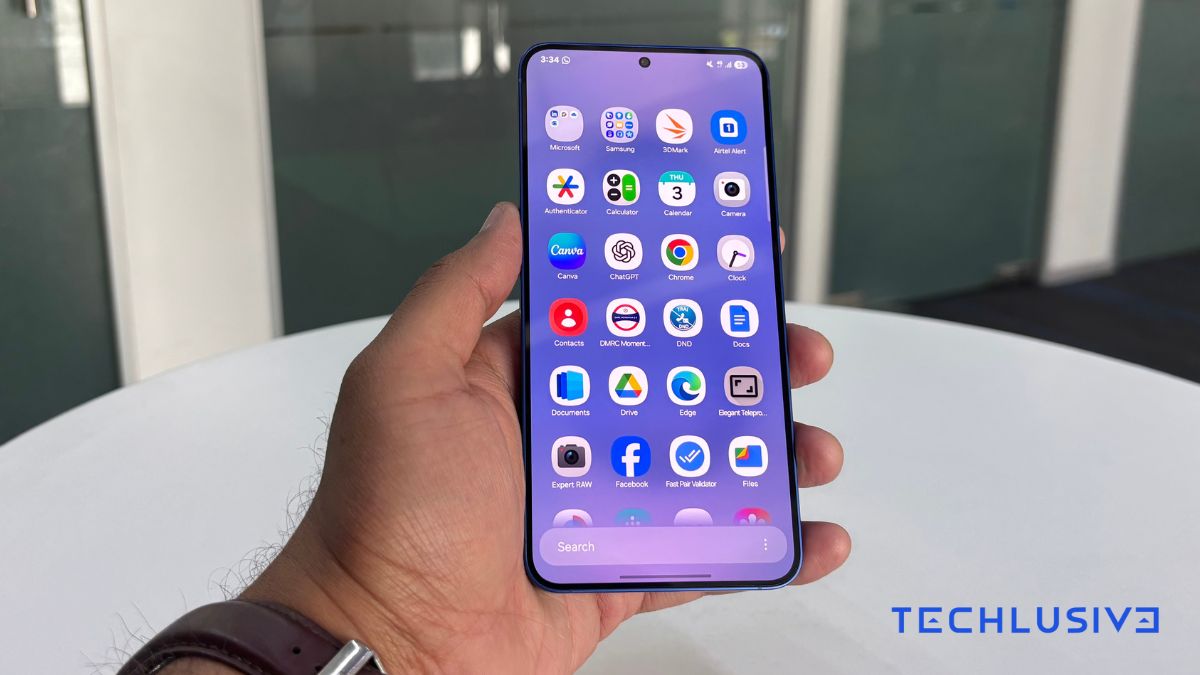The mobile phone is almost like an extension of our body. We use it for everything: paying, checking email, being on social networks or talking on WhatsApp. And the funny thing is that many times we don’t even realize how much time we spend glued to the screen. Experts do not fully agree on whether there is addiction or not, but it is clear that there are more and more initiatives that seek to control its use.
The ban on cell phones in class has spread to several countries around the world, including several European ones. And the operating systems of these devices already incorporate functions that allow us to establish concentration modes, because yes, they can harm our ability to concentrate. In an Indian village they have made a radical decision: everyone disconnects for an hour and a half a day.
Digital detox every night
As reported by India Today, every day at 7 pm at Mohityanchi Vadgaonin Sangli district, an alarm sounds telling residents to turn off their smartphones and televisions. The alarm rings again at 8:30 p.m. so that people can continue with the usual rhythm of their lives, although after a period of time that would have allowed them to “connect” with other people without using electronic devices.
The initiative arose after the movement restrictions that were put in place during the COVID-19 pandemic. In those days, students used mobile devices to attend classes virtually, but by the time they returned to the classrooms, this practice had become a habit. Upon returning home, many would immerse themselves in the phone or television for entertainment. Something similar happened with adults when they came home from work.

The “detoxification program” was approved by the village council in 2022 and began to be implemented in August of that year. Vijay Mohite, the former sarpanch of Mohityanchi Vadgaon, told the aforementioned media that not everyone agreed with the daily disconnection time, and that a inspector squad to locate offenders, but people began to apply it because they soon realized its benefits.
Aaj Tak, a local television channel, explains that turning off cell phones and televisions has allowed students to find quality time to study and do homework. Vadgaon, located just over 300 kilometers from Mumbai, is home to about 3,000 people, mainly farmers and sugar mill workers. They also add that the initiative has spread to other small villages in the country.

Mentioning disconnection in India inevitably sparks some controversy. Over the past few years, central or local authorities have led to internet shutdowns amid protests, negatively affecting freedom of expression, access to information, the banking system and more, according to Access Now. Blocking specific web pages is also common practice in the country led by Narendra Modi.
Images | Utsman Media | Logan Gutierrez | Saradasish Pradhan
In WorldOfSoftware | How other countries have fared when they have banned cell phones in classrooms: what we know about their effects



/cdn.vox-cdn.com/uploads/chorus_asset/file/25815441/Screenshot_2025_01_03_at_9.39.15_AM.png)








